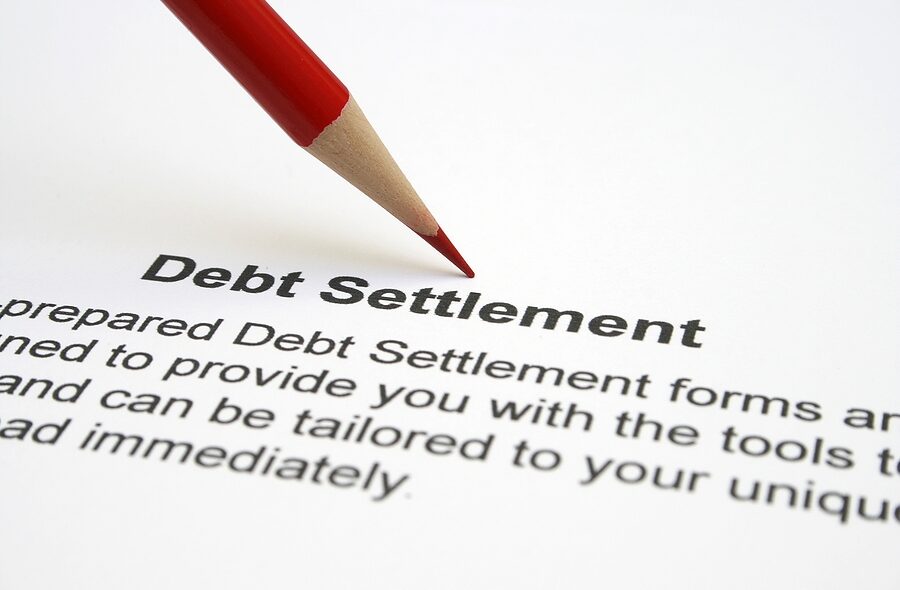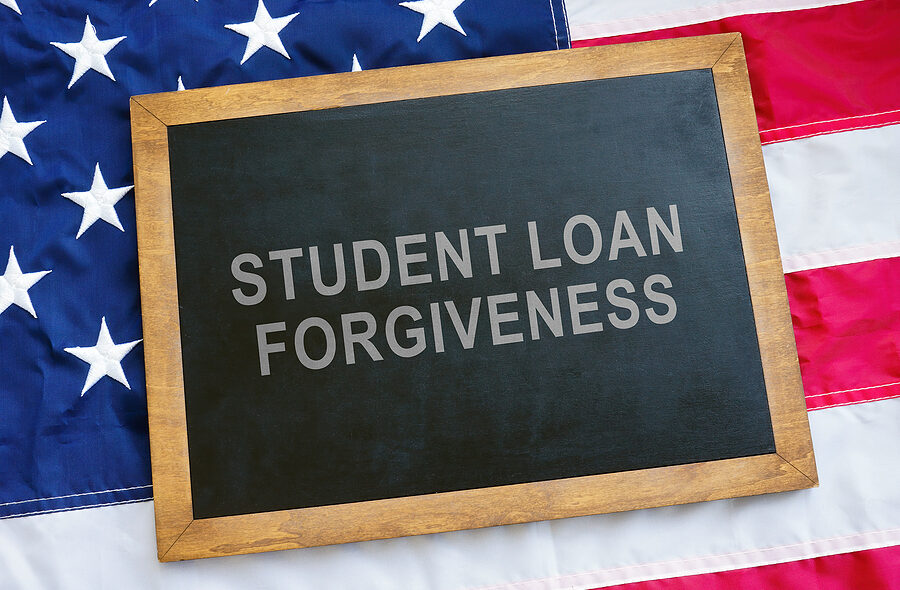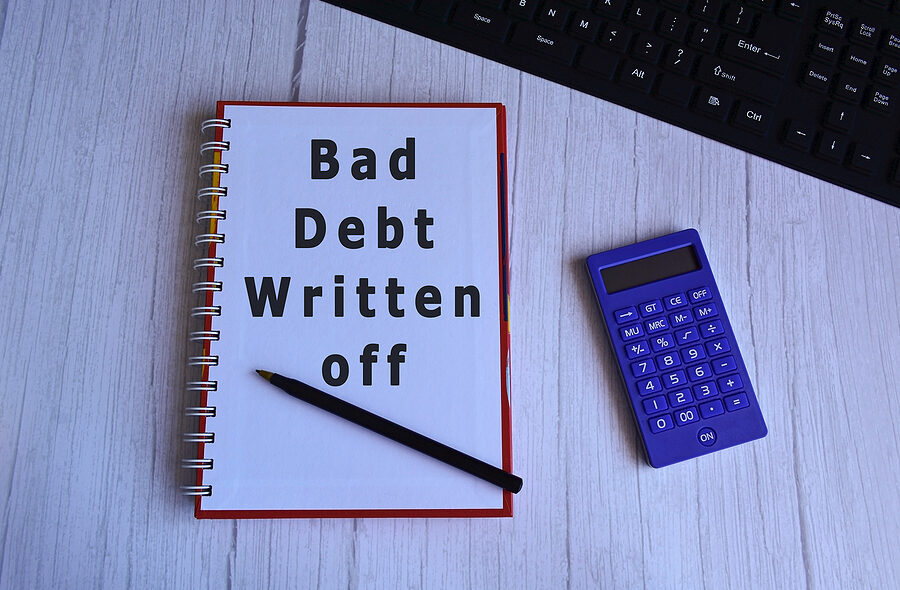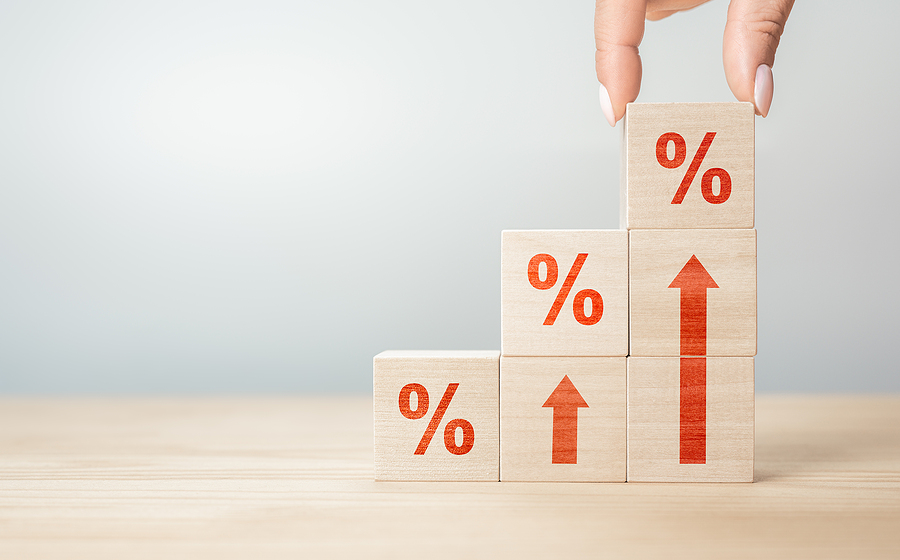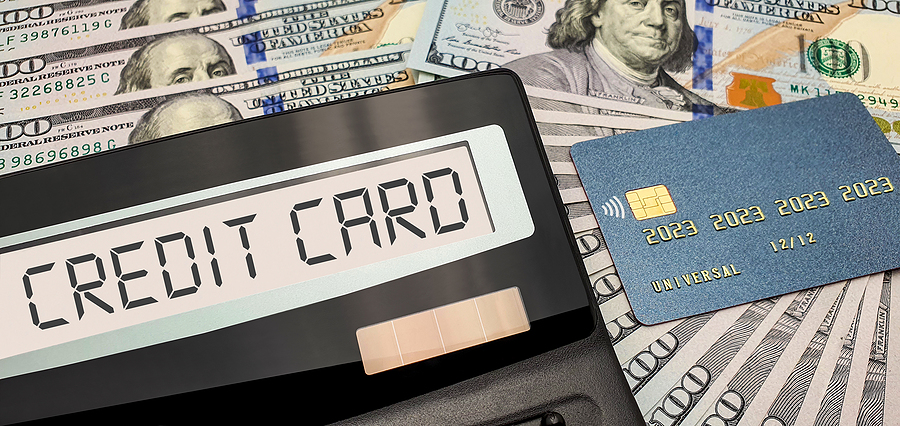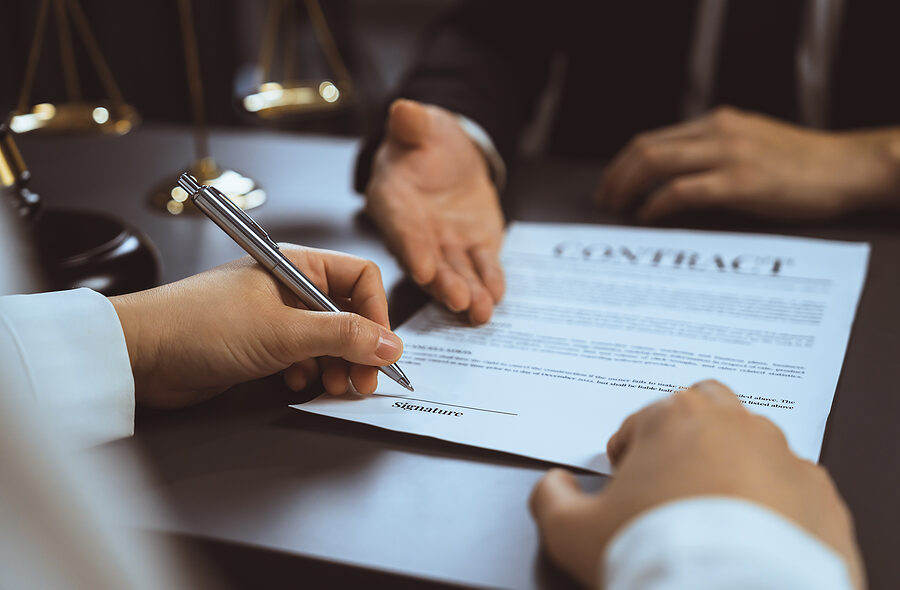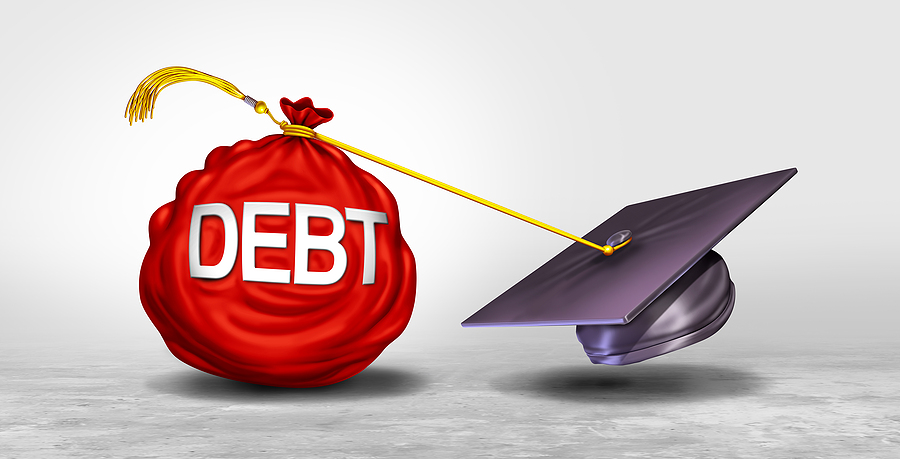When someone is struggling with high credit card debt, it can be easy to take any offer that promises to eliminate that debt. This is why so many debt settlement companies exist. These companies are often referred to as “debt relief” or “debt adjusting” companies, and their claim is they can negotiate directly with the consumer’s creditors to reduce the amount he or she owes. However, when it comes to dealing with high credit card debt, working with a debt settlement company is not always the best plan.
During the debt settlement process, the consumer will stop making payments on his or her credit card debt in hopes that his or her creditors will settle for less than what is owed and will negotiate with the debt settlement company. The problem is, creditors are not bound to work with the debt settlement company, and this process can often take years to complete.

